
- +91 7010102832
- +91 9444338475


Navigating the Future of Healthcare with IT Innovations. Our Healthcare IT services encompass a range of offerings including consulting, bespoke software solutions tailored for hospitals, clinics, and elder care providers, as well as specialized trainings/workshops focusing on Six Sigma in Healthcare and Quality Management for Healthcare professionals.
In today's fast-paced world, the integration of technology in healthcare has become more than just a trend—it's a necessity. Healthcare Information Technology (IT) has revolutionized the way medical professionals deliver care, manage data, and interact with patients. As we stride into the future, the significance of Healthcare IT only continues to grow, promising enhanced efficiency, improved patient outcomes, and greater accessibility to quality care.
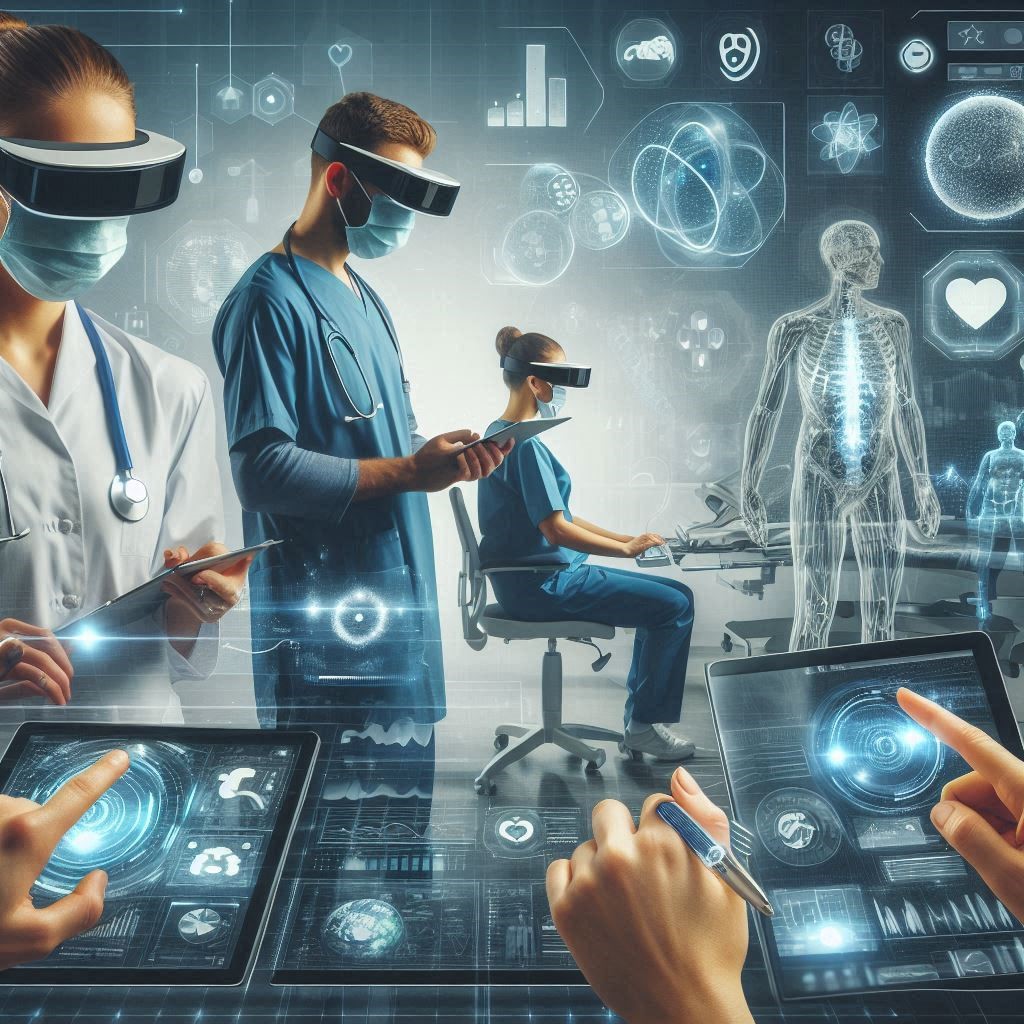
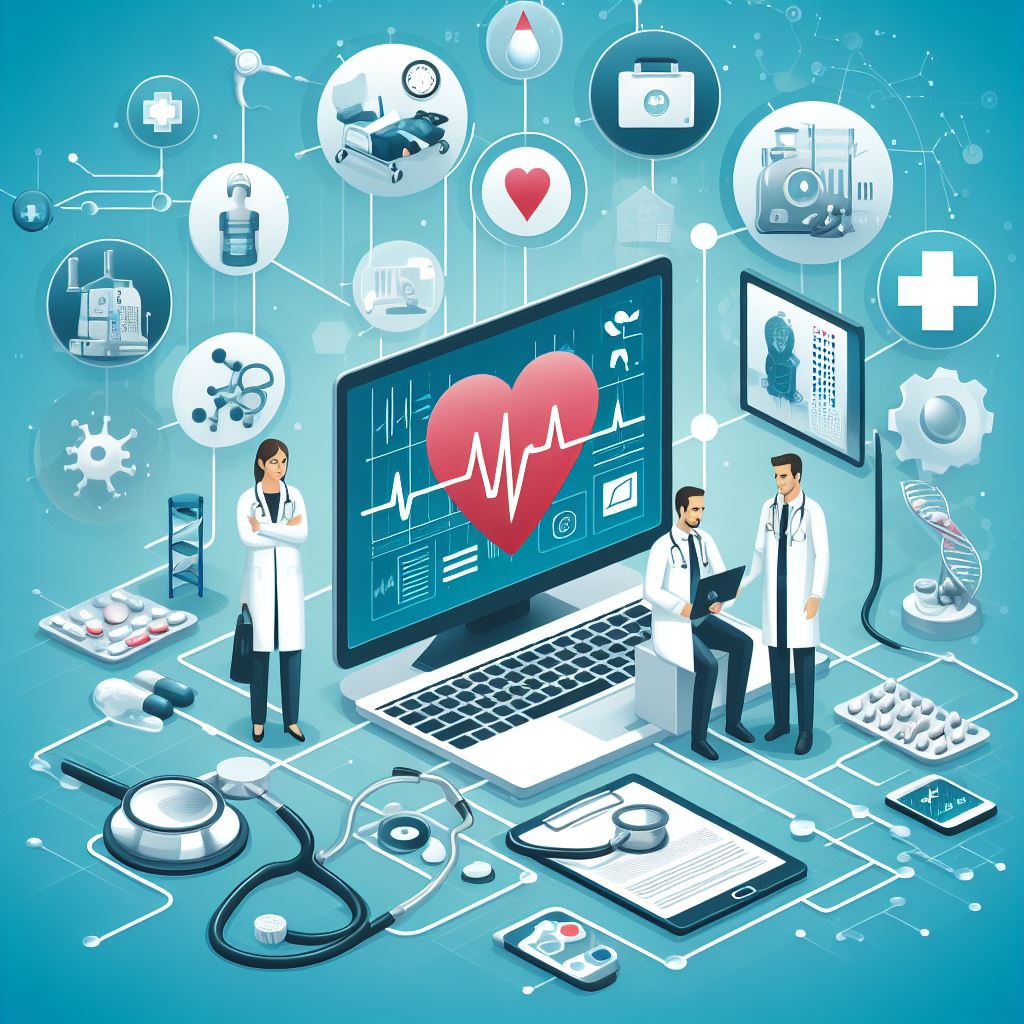
Healthcare IT encompasses a wide array of technologies and systems designed to streamline healthcare processes, from Electronic Health Records (EHR) and telemedicine to wearable devices and artificial intelligence (AI).These innovations enable healthcare providers to:
Efficient Data Management: Electronic Health Records (EHR) centralize patient information, facilitating seamless data sharing among healthcare providers, reducing errors, and enhancing collaboration.
Remote Patient Monitoring: Telemedicine platforms and wearable devices allow for remote patient monitoring, enabling healthcare professionals to track patients' health metrics in real-time, offer timely interventions, and optimize chronic disease management.
Improved Diagnosis and Treatment: AI-driven diagnostic tools aid in early disease detection, personalized treatment planning, and predictive analytics, empowering clinicians to make data-driven decisions and improve patient outcomes.
Enhanced Patient Engagement: Patient portals, mobile apps, and online health communities foster greater patient engagement, empowering individuals to take control of their health, access educational resources, and communicate with their healthcare providers more effectively.
Addressing Emerging Challenges As we look ahead, the future of Healthcare IT holds immense potential to address several challenges facing the healthcare industry:
Interoperability: Achieving seamless interoperability among disparate healthcare systems remains a top priority, enabling efficient data exchange and continuity of care across various healthcare settings.
Data Security and Privacy: With the proliferation of digital health data, ensuring robust security measures and compliance with privacy regulations (such as HIPAA) is paramount to safeguard patient information from cyber threats and breaches.
Integration of Emerging Technologies: Integrating emerging technologies like block chain, Internet of Medical Things (IoMT), and virtual reality (VR) into healthcare IT systems holds promise for enhancing data security, remote patient monitoring, and medical training.
Personalized Medicine: Leveraging big data analytics and AI algorithms, Healthcare IT will play a pivotal role in advancing personalized medicine, tailoring treatment plans to individual patient characteristics, genetic makeup, and lifestyle factors.
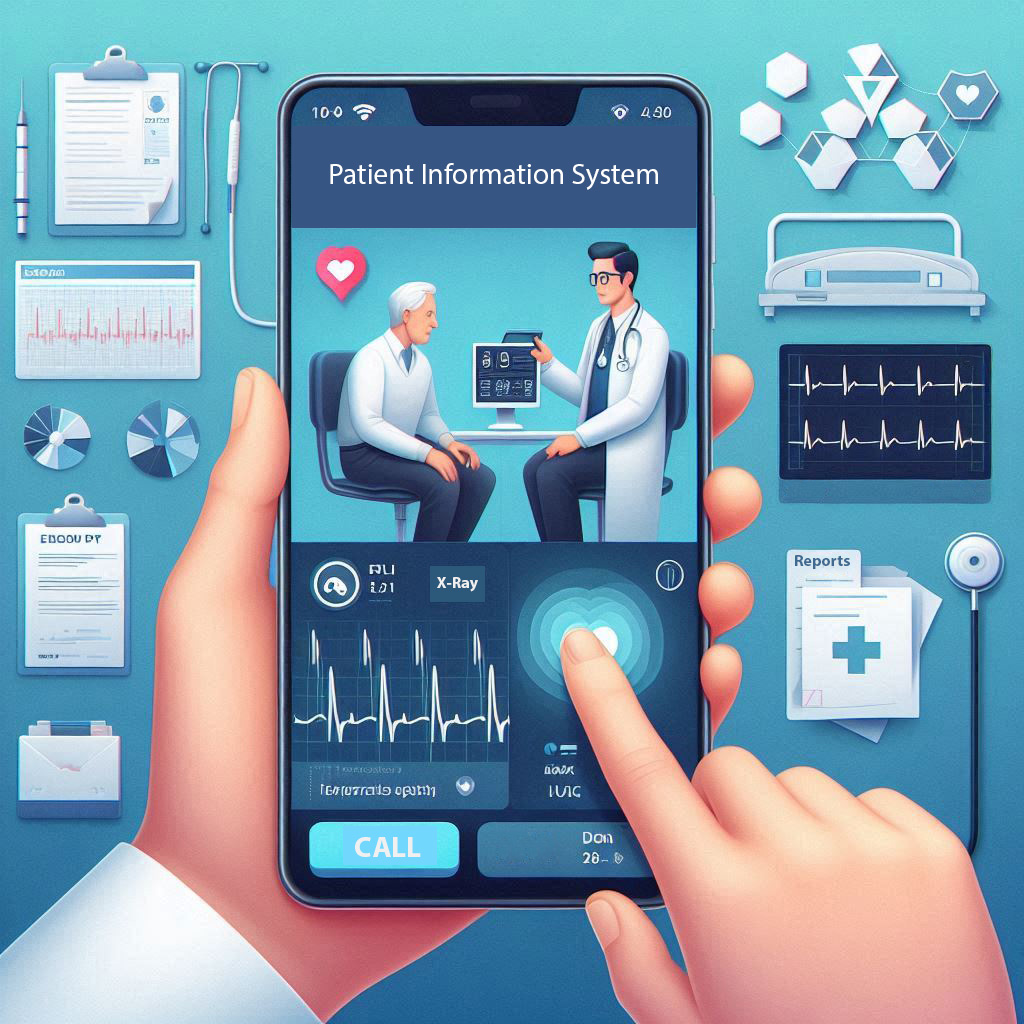
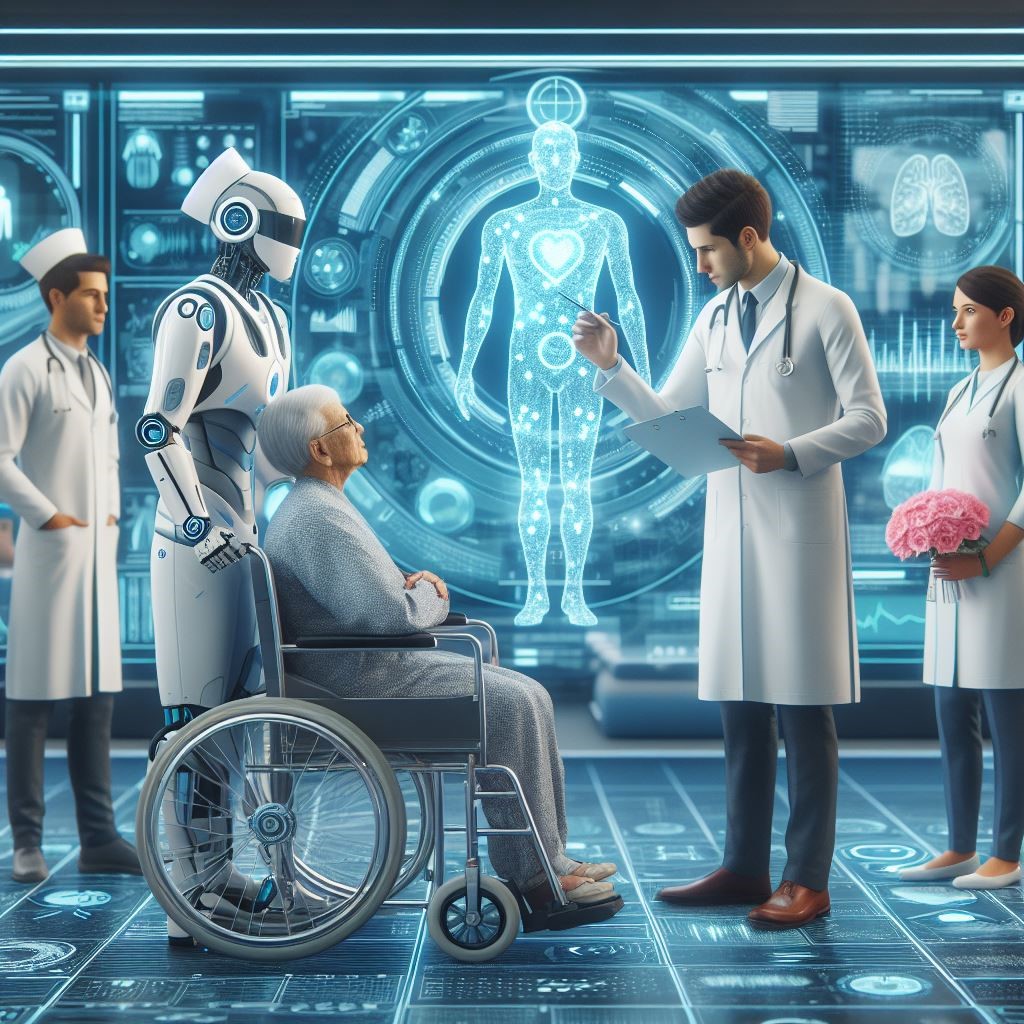
Investing in Healthcare IT Solutions. To navigate the evolving landscape of healthcare, organizations must prioritize investments in robust Healthcare IT solutions that align with their strategic objectives and address the evolving needs of patients and providers alike. Key considerations include:
Scalability and Flexibility: Choose IT solutions that can scale with the growing needs of your organization and adapt to evolving regulatory requirements and technological advancements.
User Experience: Prioritize user-friendly interfaces and intuitive design to enhance adoption rates among healthcare professionals and patients, promoting seamless interaction and engagement.
Data Analytics Capabilities: Invest in analytics tools that leverage machine learning and predictive modelling to derive actionable insights from healthcare data, enabling proactive decision-making and performance improvement.
Interoperability Standards: Select interoperable systems that adhere to industry standards (such as HL7 and FHIR) to ensure seamless data exchange and integration with existing healthcare infrastructure.
Healthcare IT is not just a tool but a catalyst for transformation in the healthcare industry. By embracing technological innovations and investing in robust IT solutions, healthcare organizations can navigate the complexities of modern healthcare delivery, improve patient outcomes, and usher in a new era of accessible, patient-centred care. Join us in shaping the future of healthcare through the power of IT innovation.
Targeting Urban-Rural Gap: Focusing on both urban and rural settings, our software-based artificial Doctor leverages the power of AI and Robotics to ensure equitable access to primary healthcare services.
Remote Patient Monitoring: Our solution facilitates real-time monitoring of patients, allowing healthcare providers to remotely assess and manage health conditions, enhancing preventive care and reducing the need for frequent hospital visits.
Home/Tele ICU Services: IIntegrating advanced technologies, we offer intensive care services remotely, providing critical care support to patients in the comfort of their homes.
Teleclinic Services: Through our Teleclinic, patients can access virtual consultations with healthcare professionals, breaking geographical barriers and ensuring timely medical advice.
Healthcare @ the Doorsteps of Senior Citizens: Tailored to the needs of senior citizens, our solution brings healthcare services directly to their doorsteps, fostering independence and improving overall well-being.
Home Healthcare Solutions: Enabling comprehensive healthcare at home, our platform covers a spectrum of services, from routine check-ups to specialized care, promoting a patient-centric approach.
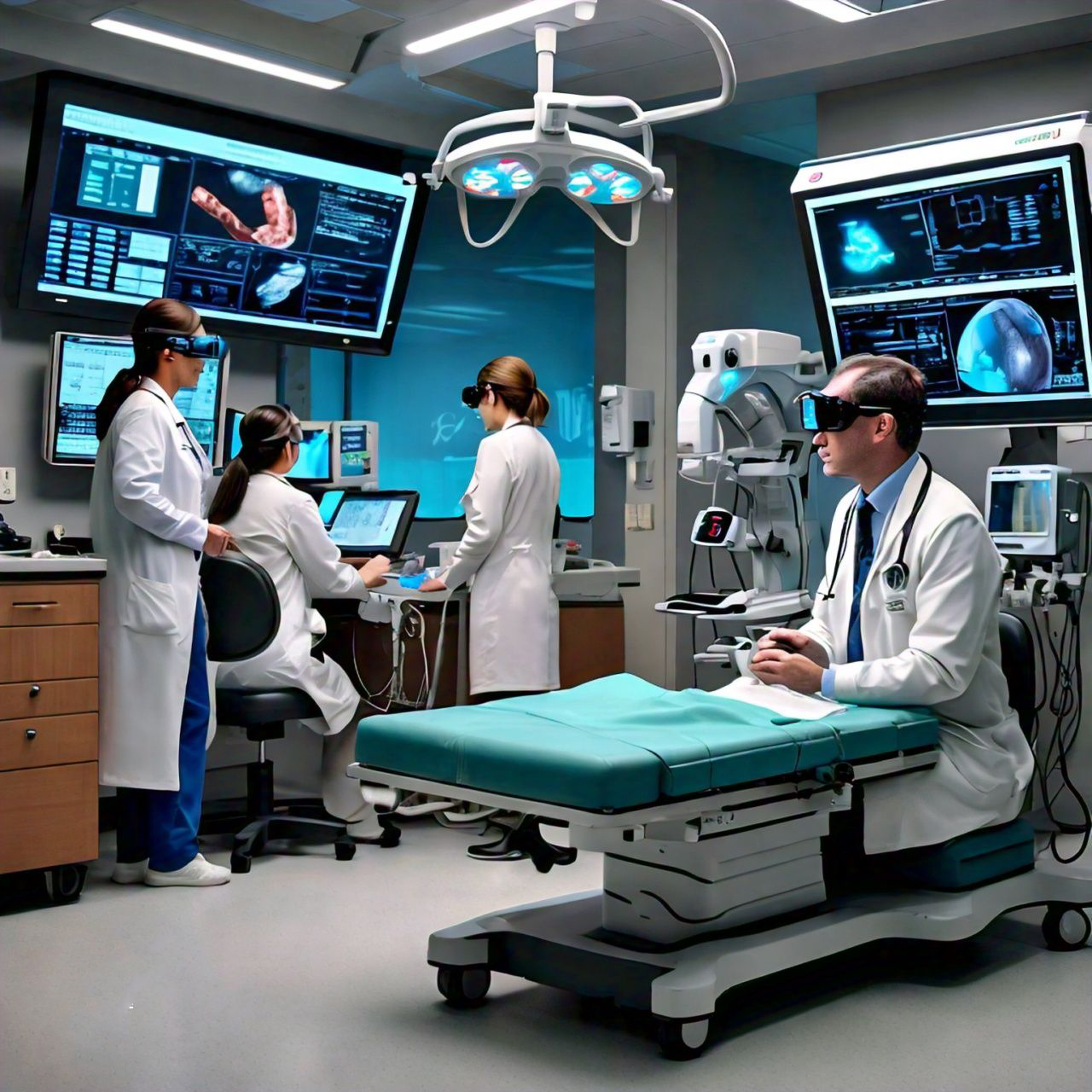
 Chat with us ⬆️
Chat with us ⬆️